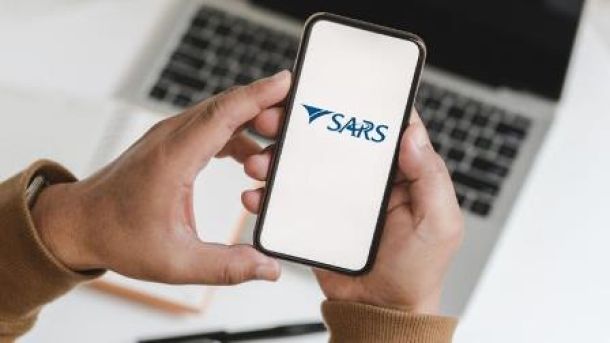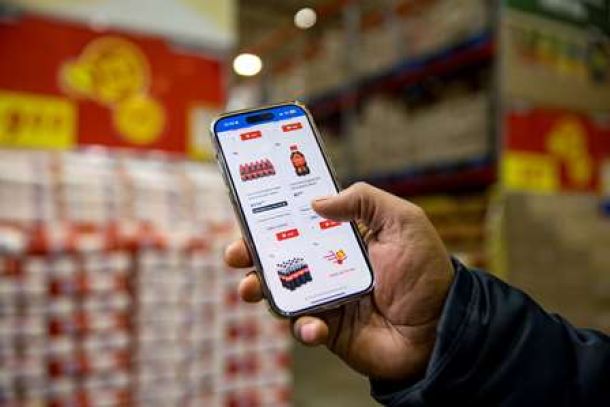Health department unveils e-drug platform
The government and the private sector have moved to establish an electronic prescribing platform that will make e-prescriptions easier for doctors.
Gavin Steel, chief director at the Department of Health, said prescribing drugs electronically would revolutionise access in private and public health.
At a Board of Healthcare Funders conference in Cape Town, which ended on Wednesday, local and international experts discussed the case for universal healthcare and how it could be implemented.
The conversation is particularly relevant in SA, with Health Minister Aaron Motsoaledi having recently published the white paper on National Health Insurance (NHI).
Steel told the conference leveraging technology was a critical part of rolling out NHI.
The Department of Health has in recent months gazetted measures aimed at phasing in e-prescriptions and other changes in how medicines are dispensed, "but not much commentary has been made on it".
The Essential Medicines Control Act requires that all medicines have a barcode in order to keep track of what is prescribed to patients. The roll-out of e-prescriptions rests on developing a system that would factor in the barcodes.
Steel said the department would in the next few weeks put out more detailed regulations on how barcoding could be used in other ways in medicine.
He unveiled the state’s central medicines electronic platform at the conference, which the government is piloting and plans to use to manage its vast medicine supply electronically.
Steel said the electronic platform, which would be available as an app, would allow industry role players to see how the government ran its operations. This would enhance transparency. "If you as an industry [private care] feel aggrieved, you would be able to address us using [our] data as evidence," said Steel.
The platform would provide his office with data of institutions in the healthcare network and market dynamics and enable him to decide on medicines not in the essential list.
The government started the Central Chronic Medicines Dispensing and Distribution programme in 2014 as a digitised medicine distribution system. More than 1.5-million people use it to access chronic medicine prescriptions and antiretroviral treatment from private facilities.
The digitisation also helped the government to work on models to do business with the private sector.
News Category
- International retailers
- On the move
- Awards and achievements
- Legislation
- Wine and liquor
- Africa
- Going green
- Supplier news
- Research tools
- Retailer trading results
- Supply chain
- Innovation and technology
- Economic factors
- Crime and security
- Store Openings
- Marketing and Promotions
- Social Responsibility
- Brand Press Office
Related Articles

Two local businesses see a gap as food and groc...

SARS launches WhatsApp channel to help check ta...

Shoprite launches online shopping and bulk deli...

Sixty60 promises lightning-fast delivery of 10 ...


